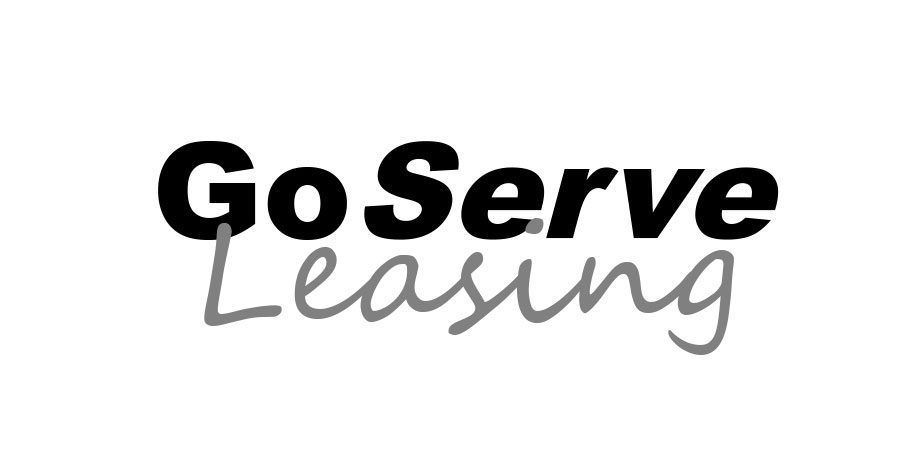
At last, a ban on Implicit Bias Training makes headway. Let's end this blight and let Michigan focus on healthcare instead of political distractions.
This is the first forum post about the MI House Economic Competitiveness Committee. Its minutes, testimony, how to sign up for agenda notifications, and other information is here.
Committee Members
Leadership
Rep. Mike Hoadley (Republican) District-99
Chair
Rep. Karl Bohnak (Republican) District-109
Majority Vice Chair
Rep. Kristian Grant (Democrat) District-82
Minority Vice Chair
Members
Rep. Pat Outman (Republican) District-91
Rep. Mike Harris (Republican) District-52
Rep. Brian BeGole (Republican) District-71
Rep. Jay DeBoyer (Republican) District-63
Rep. Alicia St. Germaine (Republican) District-62
Rep. Julie Brixie (Democrat) District-73
Rep. Joe Tate (Democrat) District-9
Rep. Betsy Coffia (Democrat) District-103
Article visuals and hot links available on MLive.
Michigan House committee considers ban on bias training requirements for health professionals
Kyle Davidson | October 27, 2025
Members of the Michigan House Economic Competitiveness Committee filed into their meeting room last Thursday to examine a widespread package of policies that proponents say would help cut down on red tape in various fields, including architecture, health, engineering, surveying, barbering and personnel.
While the bills discussed tweaking or eliminating licensure requirements for certain fields and relaxed ownership requirements for engineering, architecture and professional surveying firms, state Rep. Matt Maddock’s (R-Milford) House Bill 4915 stood out in seeking to bar the state from requiring health professionals to undergo implicit bias training as a condition for receiving or renewing their license.
Michigan Gov. Gretchen Whitmer in 2020 issued an executive directive, instructing the Department of Licensing and Regulatory Affairs to develop these requirements for health professionals following recommendations from the Michigan Coronavirus Task Force on Racial Disparities, which advised the state on how to address the higher rate of COVID-19 deaths among Black Michiganders.
The directive calls out the health disparities Black, Hispanic and Indigenous Americans experience compared to white and Asian Americans, as well as the disparities between women and men, noting that women are more likely to receive a delayed diagnosis of heart disease than men, as well as inferior treatment for heart attacks.
The directive acknowledges these disparities are numerous and complex, and can be tied to other determinants of health like education, employment and environmental factors, pointing to implicit bias – or thoughts and feelings that exist outside of conscious awareness – as another potential contributor to these disparities.
While the institution of these requirements was intended to help eliminate unconscious biases, misconceptions and stereotypes that may impact health professionals’ behavior, members of Do No Harm – a national organization which opposed diversity, equity and inclusion efforts in health care, as well as gender-affirming care for minors – argued the training requirements are divisive and encourage bias.
“Implicit bias trainings teach participants to focus on another person’s immutable characteristics in order to counter their own presumed unconscious feelings and use these observations to make decisions,” said Aida Cerundolo, an emergency medicine physician and senior fellow at Do No Harm. “In the medical context this means doctors must judge patients on their superficial attributes and make clinical decisions not solely on objective facts and data, but also on skin color and other immutable characteristics. This is called discrimination. It is dangerous, it is unethical and it is wrong.”
Kurt Miceli, the organization’s medical director, argued the training requirements also diverts time and resources away from continued medical education, suggesting health professionals’ time would be better spent reviewing medical literature on how to treat comorbid medical conditions.
Miceli further argued that the training requirement places an undue burden on health providers and will only frustrate Michigan’s shortage of health care providers.
Miceli’s testimony was greeted warmly by Republicans with state Rep. Pat Outman (R-Six Lakes) saying he’d had several health providers ask him to remove the implicit bias training requirements, and that other providers were walking away at the tail end of their career because of these additional licensing requirements.
According to the Department of Licensing and Regulatory Affairs, health professionals applying for a new license must complete two hours of implicit bias training, while applicants who are renewing must complete one hour of training for each year in their licensing or registration cycle.
Democratic members of the committee had questions about the bill, with the committee’s minority vice chair, Rep. Kristian Grant (D-Grand Rapids) asking Miceli whether he believed racial disparities were present in health care, and how they should be addressed.
“There are disparities in health care, and we can always continue to do better,” Miceli said. “And I think our emphasis would be better focused on, what can we do to address things like diabetes or hypertension or different sorts of illnesses that are impacting folks in negative ways? And if we direct our attention towards those, I think we’ll be doing a much better job in educating our workforce.”
Danielle Atkinson, the executive director of Mothering Justice, a multi-state organization focused on supporting mothers of color, submitted a card in opposition to the bill, but did not speak at Thursday’s hearing.
While Miceli pushed for a focus on clinical issues to resolve disparities in health care, Atkinson told the Michigan Advance Friday that health professionals need to look at this issue holistically, incorporating psychological and social perspectives.
“I think our physicians are well trained around the physiological aspects of health disparities, but what we are lacking is a complete whole body, whole mind and whole community approach, which includes understanding implicit bias,” Atkinson said.
While Miceli and Cerundolo questioned the validity of studies into implicit bias, Atkinson noted that in study after study, people of color are treated differently in medical settings.
“They’re prescribed differently. Their drug treatment is different. They are perceived to be more tolerant of pain, and they’re not believed as frequently as their white counterparts,” Atkinson said.
Atkinson also shared her own experience, noting that communicating with health care providers differs depending on whether she’s speaking with someone who shares her cultural background.
She also pointed to the disparity in maternal mortality rates, with Black women dying from maternal health complications at three times the rate of white women.
“We know that our bodies are not different. So there’s other things. There’s sociological factors at play that we have to be really curious about,” She said. “And when scientists are pointing to this implicit bias, we need to pay attention.”







